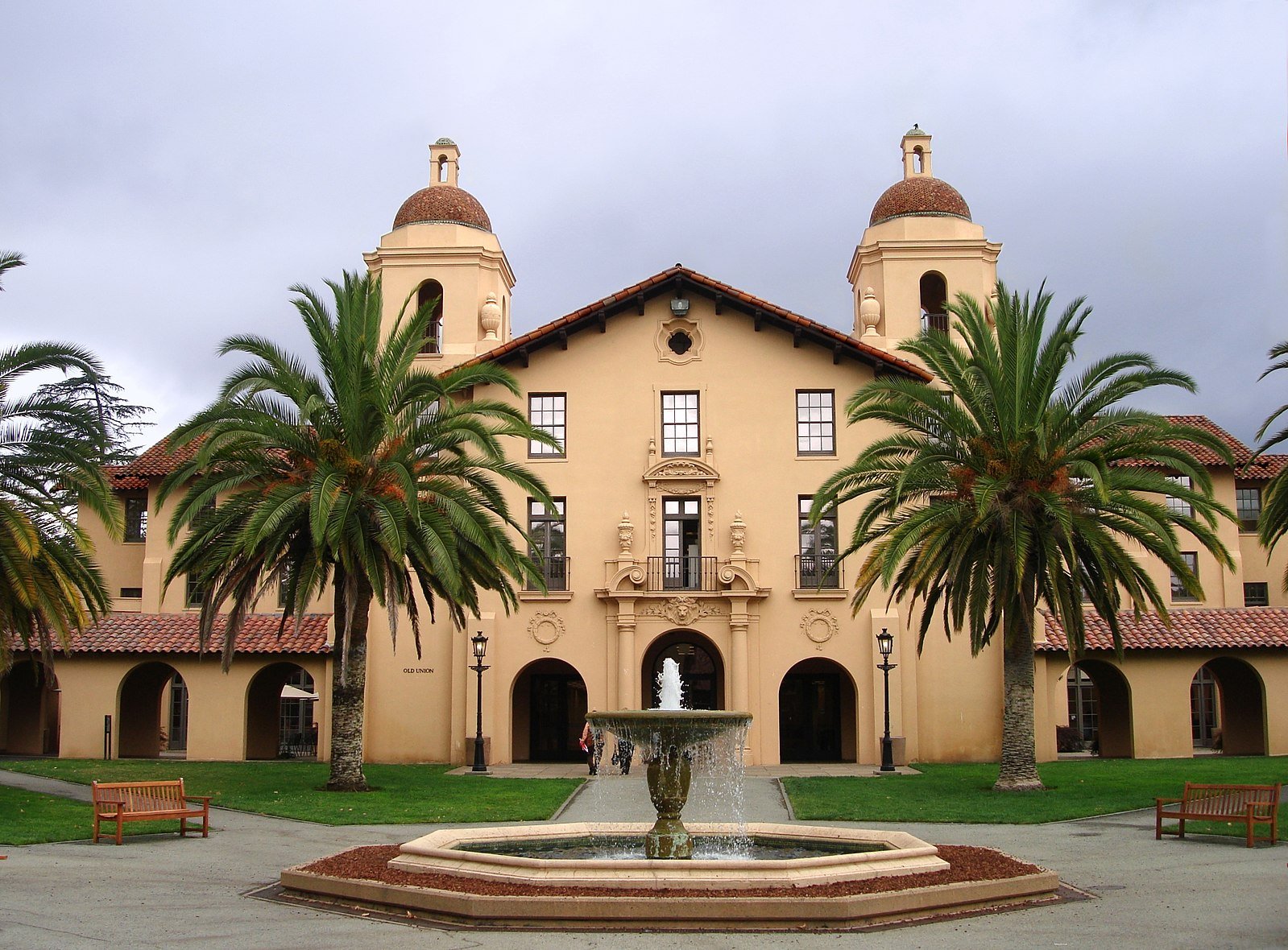A new leadership structure and nomination process for student committee members are the primary structural features of the proposed replacement to the Cardinal Conversations speaker series. The proposal and an online student input form were shared in a Wednesday email sent by the Office of the Vice Provost of Student Affairs (VPSA).
Cardinal Conversations was criticized for a lack of diversity among its predominantly white male speakers, as well as for the right-leaning nature of the discussions and their leadership. Originally intended to be released after Thanksgiving break, the proposal and public comment period were delayed after “discussions between the faculty [advisors] and student groups involved,” VPSA Susie Brubaker-Cole said at the time.
“There are a number of challenges and tradeoffs in structuring an effective governance committee,” the proposal reads. “We all agree that it is important to include students with diverse backgrounds and perspectives as equal partners in the effort. There is less consensus about how to do this, especially in the initial year, when we do not have a committee with current student members to select future student members.”
The proposal calls for a 10-15 student committee, led by three Provost-appointed faculty members. Those three faculty members are Hoover Institution Director Thomas Gilligan, Stanford Law professor Deborah Rhode and Stanford Graduate School of Education Dean Emeritus Claude Steele.
The new series’ first committee will include an Associated Students of Stanford University (ASSU) representative, as well as students nominated by Voluntary Student Organizations (VSOs) and faculty members. Self-nominated students will also be considered, though all nominees must submit an application including information on their background, relevant experiences and interest in participation.
“Our goal is to establish a structure that commands the greatest possible trust and credibility within the campus community and ensures student leadership and agency,” the proposal reads.
As for the committee’s role in designing the series, the proposal indicates that it will have full autonomy in selecting event speakers, discussion topics and formats throughout the series. However, any Stanford affiliate will have the opportunity to pitch event ideas to the new series.
The Daily has reached out to Gilligan, Rhode, Steele and VPSA Susie Brubaker-Cole for details on the committee’s operation. Rhodes declined The Daily’s request for comment, citing confidentiality concerns. The others have not responded.
“The committee will look for partnerships with other organizations and oversee efforts to publicize events and engage the broadest possible audiences,” the proposal reads.
Throughout the series, events will differ in format to explore avenues that “give students greater responsibility” than in a standard lecture by allowing them to be “discussants and participants.” While the committee plans to solicit community feedback during the series to “enhance the quality and inclusiveness of events,” the committee’s current focus is gathering feedback on the proposal itself.
“A series of meetings with those individuals and outreach to other stakeholders resulted in the proposal attached below,” reads the email. “We now invite comment from the entire student community to ensure that the series going forward will reflect a broad diversity of views and alternative formats that maximize student engagement.”
Students have until Jan. 28 to submit input via the online form.
Contact Holden Foreman at hs4man21 ‘at’ stanford.edu.
